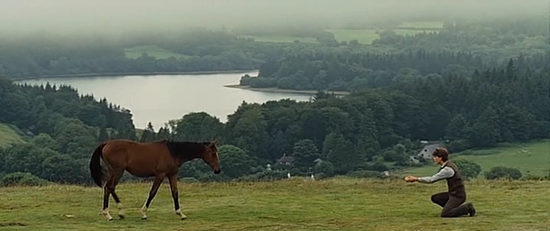Director: Azazel Jacobs
Movies about the hard life of teenagers in high school have been done to death, but Terri stands out because completely real and honest. The movie doesn't resort to cliques and pop culture references, instead it's about a fat kid who has trouble at school and it takes that plot seriously. The characters and situations are completely authentic and never resort to sensationalism. Director Azazel Jacobs is patient with the story and seems aware that it is capturing the characters in real and believable ways that is more important than getting through the same old plot we've all seen.
The best part of the movie is that it captures character motivations in a way that's probably not all that sweet. It avoids sweet and happy scenes just for the sake of making the audience feel better, instead the movie the is not afraid to reveal how selfish people are, even when you think they are doing something nice for you. Every character has this issue, even Terri himself. I'd be very interested to see if Jacobs can keep this up or if he just caught a lucky break. His script is lackluster, but he seems to know that the story is secondary to how he captures the characters on camera.
Grade: B+

















